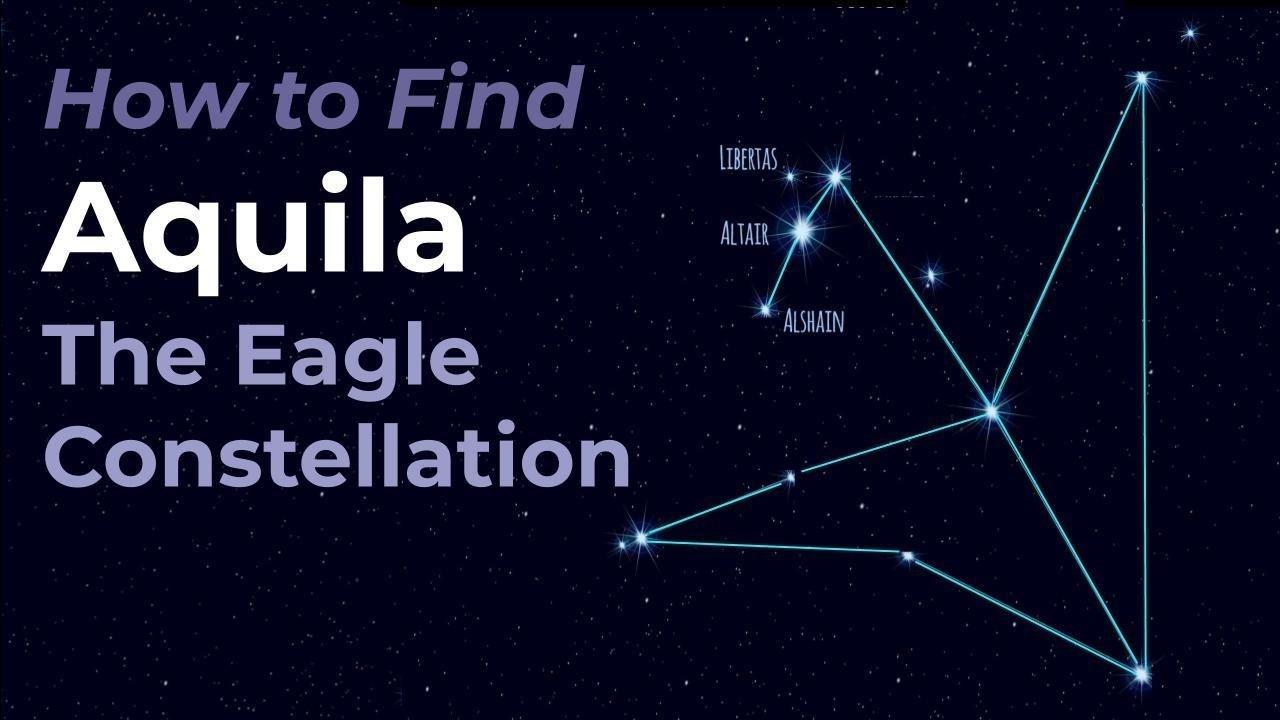Aquila the Eagle Constellation
Aug 04, 2020
Aquila is an ancient constellation that is fairly easy to find if you know what to look for. Its bright star Altair makes up part of the asterism called the Summer Triangle, so if you can find this pattern, you can find Aquila. Learn more about the star pattern and how to find this constellation by watching the video posted in this blog.
Aquila is a constellation that I struggled to find for years because it has only one really bright star called Altair. It was also challenging because the shape of the constellation pattern would vary depending on the resource. But after over a decade of stargazing, now I know to consult the International Astronomical Union, which is the authority on the star patterns in the field to professional astronomy.
When I started this journey of becoming a master stargazer, I mostly used books and star charts. That was back before the internet became the main source for accessing information. Now you can easily look up what the official star pattern of a constellation is online. Once I really got familiar with Aquila's pattern, now I can't 'unsee' the eagle pattern.

Photo Credit: Wikimedia Commons - By IAU and Sky & Telescope magazine (Roger Sinnott & Rick Fienberg) - [1], CC BY 3.0, https://commons.wikimedia.org/w/index.php?curid=15406065
The key to finding Aquila is using the Summer Triangle Asterism. So when you are looking in the summer night sky, look for the 3 brightest stars that make a big triangle pattern.

The brightest star is Vega in the constellation of Lyra. The second brightest star in the triangle is Altair, and from there you should try to find the pattern of Aquila. I like to think of Altair as the 'eye of the eagle' and from there you can trace out the neck and wings of the bird. The third brightest star of the Summer Triangle is Deneb in the constellation Cygnus.

Use these techniques to help you find Aquila. The summer sky is a beautiful one to behold. I encourage you to seek out dark skies to make the most out of your stargazing efforts. Remember that it takes time, patience and practice to find the constellations. Good luck and keep looking up!
~Janine

